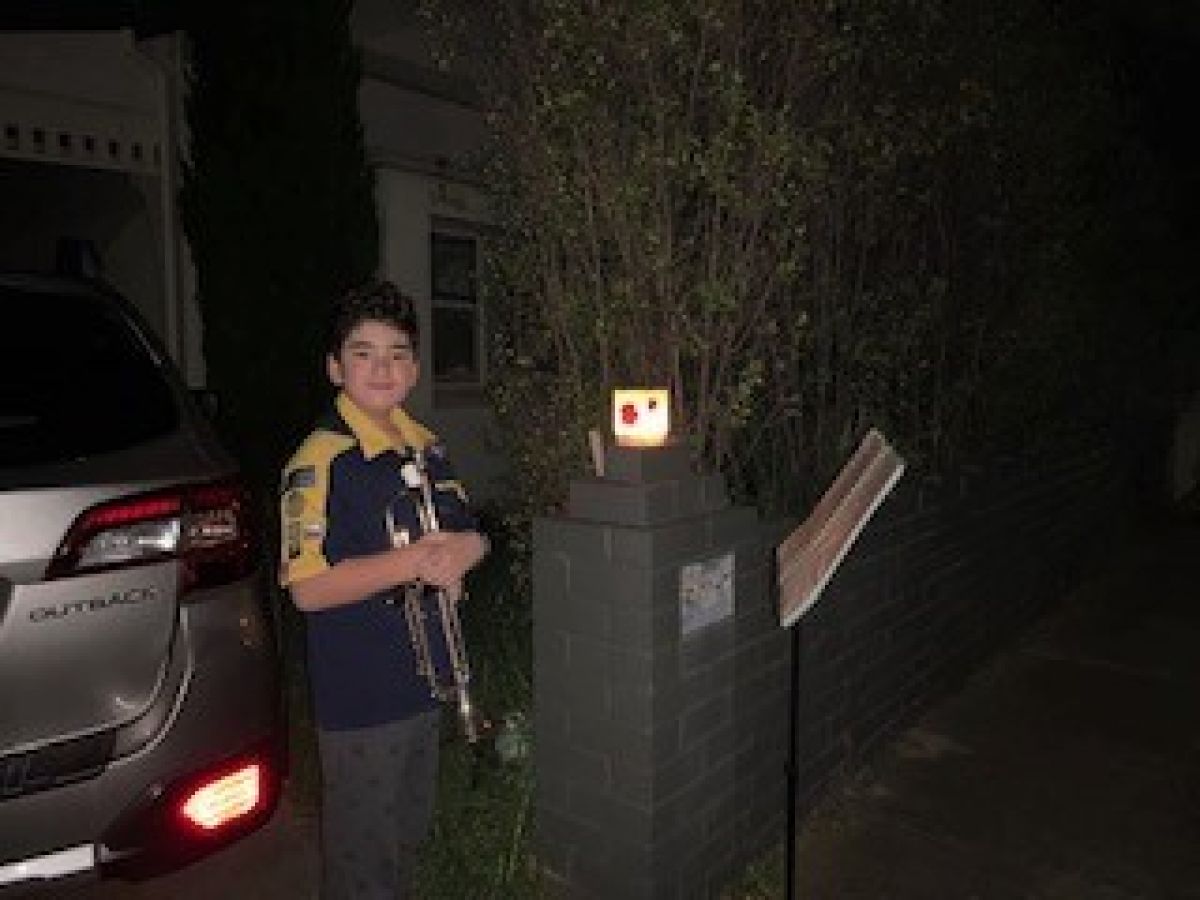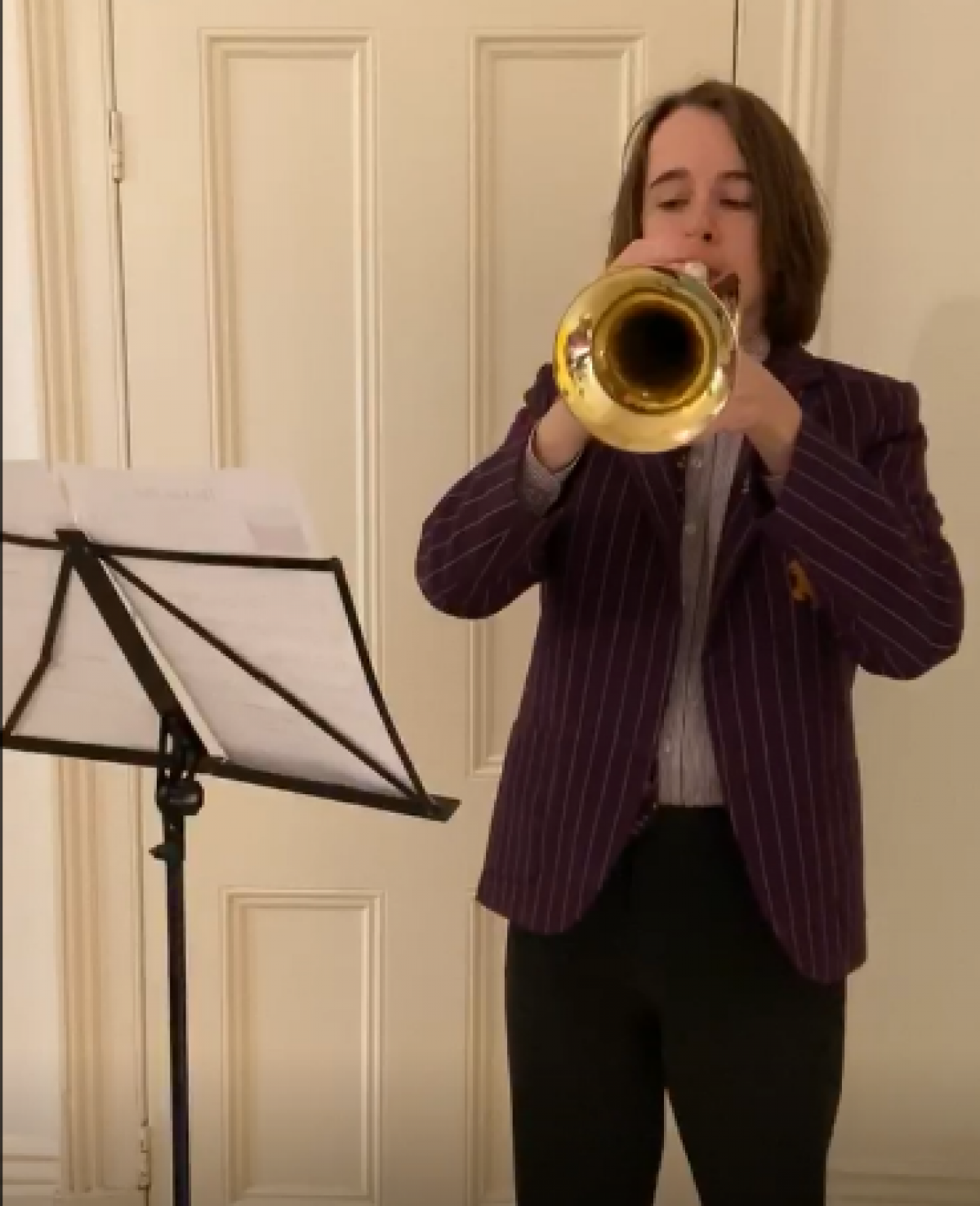Art and language have evolved hand in hand for at least 40,000 years. They are central to our humanity and an essential part of schooling if we want our students not only to survive but thrive in our rapidly changing world. Alexandra Cameron reports.
Art, like language, is fundamental to the way we express ourselves – and has been for thousands of years. According to research by Cora Lesure and Shigeru Miyagawa, linguists at Massachusetts Institute of Technology (MIT), and Vitor Nobrega, a linguist at the University of São Paulo, cave art evidence indicates that art may have emerged as humans began converting language and acoustic sounds into drawings.
The research suggests that cave art is often located in acoustic ‘hot spots’ where sound echoes strongly, and the fact that early artists went to the trouble of making their work in deeper, harder-to-access parts of caves suggest the acoustics was a principal reason for doing so. The art they created, in turn, may represent the sounds that early humans generated in those spots. ‘Our research suggests that the cognitive mechanisms necessary for the development of cave and rock art are likely to be analogous to those employed in the expression of the symbolic thinking required for language,’ says Lesure.
The combination of sounds and images characterises all human language, along with its symbolic aspect and its ability to generate infinite new sentences, Miyagawa notes. ‘Cave art was part of the package deal in terms of how homo sapiens came to have this very high-level cognitive processing,’ he says.
Remote rehearsals
A remote rehearsal of the St Kilda Road Senior School 'Blood Brothers' play

Elsternwick's Celebration of the Arts

On stage at Elsternwick's Celebration of the Arts
Students dance on stage at the Celebration of the Arts event

Dylan Quick plays The Last Post
Dylan Quick played The Last Post outside his home on Anzac Day in 2020

Willoughby Mims
Year 9 student Willoughby Mims plays The last post

The arts: a safe haven in our rapidly changing world
Fast forward 40,000 years, since the first known forms of cave art, to today’s rapidly changing world and it’s clear that the arts in all their variety have never been more important. The pressures on our students are on the rise. They are adapting right now to containment measures to tackle the SARS-CoV-2 pandemic and the COVID-19 disease it triggers, but they have lived their whole lives in an environment of rapid change and volatility, so it’s no surprise that researchers currently report increasing diagnoses of youth anxiety.
Exposed to such pressures, the arts offer students a safe haven in which to consider, reflect, learn and create. Through study and performance, our students explore great themes and ideas, discover their own voice, grow in confidence and develop empathy and insight into the pressures they face.
When we come together to create music in an ensemble, say, or choreograph a dance or rehearse a play or paint a mural, we are involving ourselves in a social contract, something that extends our understanding of humanity. For example, why do we sing? Perhaps the most fundamental answer is because it is a natural thing to do. As individuals, we all have our own unique special sound; for some it can lead to a career as a soloist. For many millions, it can lead to choral rehearsals, culminating in the opportunity to share one’s voice, along with friends, at a performance in a concert hall, cathedral, eisteddfod, town hall or school hall, a nursing home or even recorded individually at home and mixed and shared online.
Lighting up the dawn
We saw large numbers of people across Australia doing exactly that when they joined together at 6am on Anzac Day in their driveways or online to ‘light up the dawn.’ Many Wesley students and staff joined the call to honour our ancestors and their sacrifice by playing ‘The last post’ and ‘Reveille.’Whatever the occasion and whether in a driveway or on a balcony, those many thousands of dawn services were a moving reminder that we are part of a like-minded community, sharing through our love of music and of singing.
Paul McCartney once said, ‘I love to hear a choir. I love the humanity, to see the faces of real people devoting themselves to a piece of music. I like the teamwork. It makes me feel optimistic about the human race, when I see them cooperating like that.’
The arts, academic achievement and personal wellbeing
A study by Andrew Martin and colleagues from the University of Sydney's Faculty of Education and Social Work and the Australian Council for the Arts found that students who are involved in the arts have higher school motivation, engagement in class, self-esteem and life satisfaction. According to lead author, Andrew Martin, ‘The study shows that school participation in the arts can have positive effects on diverse aspects of students’ lives.’
As co-author Michael Anderson notes, ‘This study provides new and compelling evidence that the arts should be central to schooling and not left on the fringes.’
Studying a performing arts subject helps students to develop a sense of personal identity and offers a chance to belong to a group other than their regular circle of friends. For students who are not natural sportspeople, the performing arts are a great alternative to develop that sense of camaraderie with others.
It’s widely accepted that the performing arts foster self-efficacy and reduces self-handicapping as students build confidence and self-assurance. Every performer goes on stage knowing the very real risk of making an embarrassing mistake in front of their audience. Being able to get through these mistakes, which are inevitable, builds resilience and confidence in students. These are important skills for our modern society. Also, studying a performing arts subject usually includes regular rehearsal or practising. This regular practice routine develops good discipline and an understanding of the value of commitment. The long-term benefit of rehearsal is to reinforce positive work habits that are applicable to all areas of life, prompted by the short-term rewards that come from such commitment – like a great music examination result or the awe and admiration of peers after a performance.
The MIT research on language and cave art has, as you might expect, engendered plenty of debate among archaeologists, anthropologists and linguists – the types of art figures found in caves are also found outside caves, some note, and cave art may have been less about communication than about the decoration of ceremonial places. Whatever the truth, it’s clear that art and language was and still is about ceremony and storytelling, and that hasn’t changed in 40,000 years. It’s one reason events like the Middle School Production, Founders’ Day performances and Celebration of the Arts are so popular.
In this time of uncertainty, there’s one thing that we do know for certain: when the current containment measures are relaxed and community celebrations can return, we’ll all be ready to enjoy the talent, energy and vibrancy of our youthful artists and performers.
Alexandra Cameron is the Head of Music at Wesley’s Elsternwick Campus.
Virtual concerts at the Elsternwick Campus and remote rehearsals of the school productions at the St Kilda Road and Glen Waverley Campuses have continued to enable students to engage with the arts while they study remotely in Term 2.
